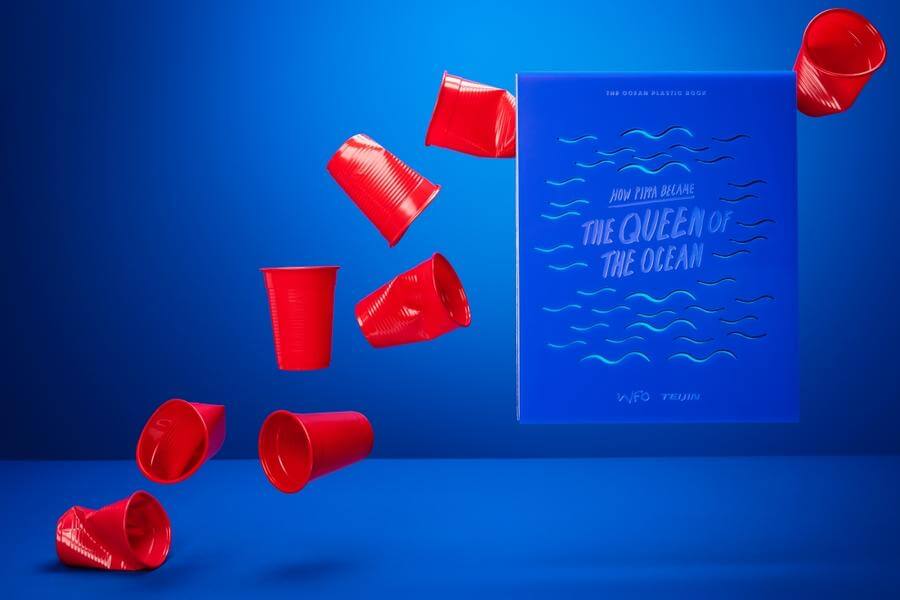Our topic on #SuCoBlog this week is ecofeminism! How would you like to take a look at the concept of woman and nature, which we all have heard more or less somewhere, but few of us know deep?
The striking lines of the 17th-century British poet Henry Vaughan, the cultural and radical perspectives that we can describe as the two extremes of ecofeminism, the surprising results in the report of the Women's Environmental Network... Get ready, here we go!
The Origin of Women and Nature
“I have surrendered nature; I slid through every part of it;
I broke their seal that no one could touch;
Your uterus, breasts, and head,
That is, where all its secrets are hidden,
I smashed it open.”
These words belong to Henry Vaughan, one of the 17th century British poets. The poet here draws an undeniable similarity between nature and woman. The destructive and aggressive language he uses while reflecting this identity seems to herald the "destruction" that nature and women are exposed to today.

We are sure that you did not find it difficult to deduce how much the masculine point of view, which maintains its dominance in the above verses, enjoys the domination and subjugation it establishes nature and therefore women. This is exactly the starting point of ecofeminism!
If we examine ecofeminism, which we can briefly define as a movement that unites women and nature, we can see that the oppression and the oppression of women and the exploitation of nature are carried out by the same understanding and mentality. Ecofeminism calls this mentality "patriarchy". Therefore, he sets out from the fact that women and nature are oppressed due to the same mentality and argues that a struggle on this issue can only be possible with the coming together of women and nature. We can also say that the main goal of ecofeminism is to ensure the development of the patriarchal order.
When Did Ecofeminism First Appear?
So when did “ecofeminism” first appear? The most accepted answer to this question is that ecofeminism emerged in the late 70s when the green movement and the feminist movement interacted. The term was first used by Françoise d'Eaubonne in 1974. Two years later, it is being developed by Ynestra King at the Institute for Social Ecology, and it took the form of a full-fledged movement at the 1980 conference "Life and Women in the World" in Massachusetts.

It is also possible to say that ecofeminism has different tendencies within itself. The most common of these are radical and cultural ecofeminism. What would you say about the differences? Both acknowledge the existence of the connection between woman and nature. However, the radical view that this bond is exploited by the patriarchal dominant order, cultural ecofeminism describes this bond as strengthening.
The biggest criticism against ecofeminism today is that the role of the individual in the destruction of nature cannot be reduced to gender. In other words, critics point out that the exploitation of nature is the point where both sexes have an equal share.
However, let us inform you that, according to the report prepared by the Women's Environmental Network, more than 10 thousand women die every year due to climate change, while this number is 4,500 for men. Again, 20 million of the 28 million people who migrated due to disasters caused by climate change are women.
If you ask us, the solution is neither to be a party nor to be right. By trying to understand the philosophy of ecofeminism deeply and looking through the door it opens for us, we wish to realize the intersection of gender issues and environmental issues.
For those who want to learn more about ecofeminism, we recommend that you read the book "Ecofeminism", co-authored by Maria Mies and Vandana Shiva, published by Sinek Eight Publications!
In this article, we talked about Ecofeminism: The Link Between Women And Nature. You can reach our previous article from the link https://suco.uk/blogs/news/sustainable-alternatives-to-microfiber





Leave a comment
This site is protected by hCaptcha and the hCaptcha Privacy Policy and Terms of Service apply.